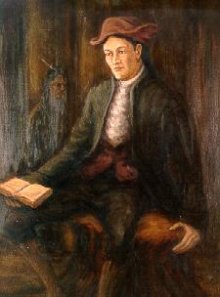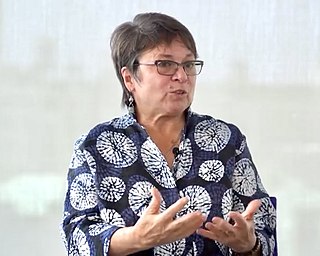A Quote by Carl Jung
The sight of a child…will arouse certain longings in adult, civilized persons — longings which relate to the unfulfilled desires and needs of those parts of the personality which have been blotted out of the total picture in favor of the adapted persona.
Related Quotes
Modern man has been in search of a new language of form to satisfy new longings and aspirations - longings for mental appeasement, aspirations to unity, harmony, serenity - an end to his alienation from nature. All these arts of remote times or strange cultures either give or suggest to the modern artist forms which he can adapt to his needs, the elements of a new iconography.
In certain circumstances where he experiments in new types of conduct by cooperating with his equals, the child is already an adult. There is an adult in every child and a child in every adult. ... There exist in the child certain attitudes and beliefs which intellectual development will more and more tend to eliminate: there are others which will acquire more and more importance. The later are not derived from the former but are partly antagonistic to them.
You don't choose your themes; they choose you. The meaning of your stories will rise out of your deepest longings, often out of longings so deep that you haven't admitted them even to yourself. Your convictions, your confusions, your most passionate dreams will be there whenever you begin a story, so you might as well learn to tap into them.
A reader is entitled to believe what he or she believes is consonant with the facts of the book. It is not unusual that readers take away something that is spiritually at variance from what I myself experienced. That's not to say readers make up the book they want. We all have to agree on the facts. But readers bring their histories and all sets of longings. A book will pluck the strings of those longings differently among different readers.
It is not true that a man can believe or disbelieve what he will. But it is certain that an active desire to find any proposition true will unconsciously tend to that result by dismissing importunate suggestions which run counter to the belief, and welcoming those which favor it. The psychological law, that we only see what interests us, and only assimilate what is adapted to our condition, causes the mind to select its evidence.
When we trace the part of which this terrestrial system is composed, and when we view the general connection of those several parts, the whole presents a machine of a peculiar construction by which it is adapted to a certain end. We perceive a fabric, erected in wisdom, to obtain a purpose worthy of the power that is apparent in the production of it.





































